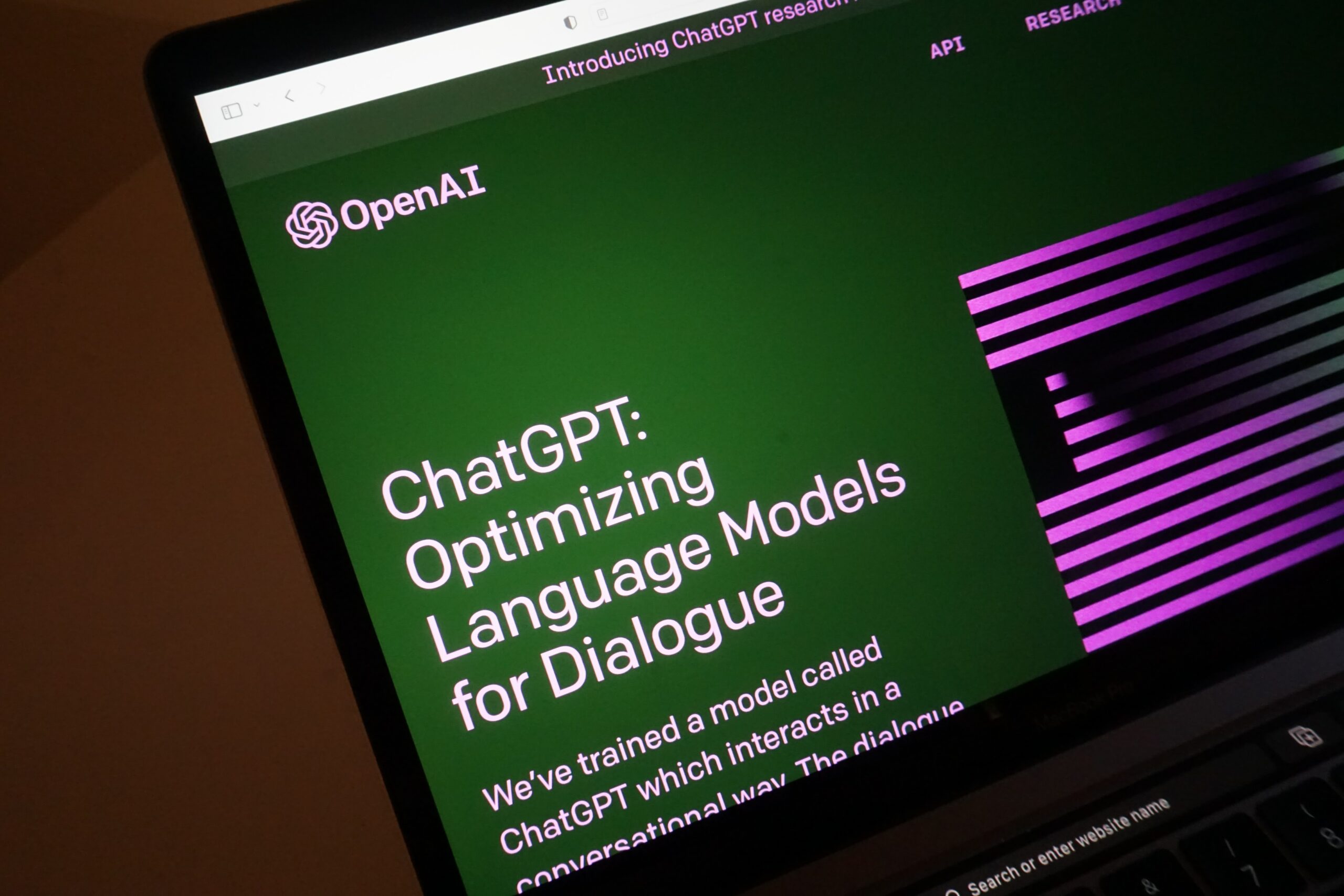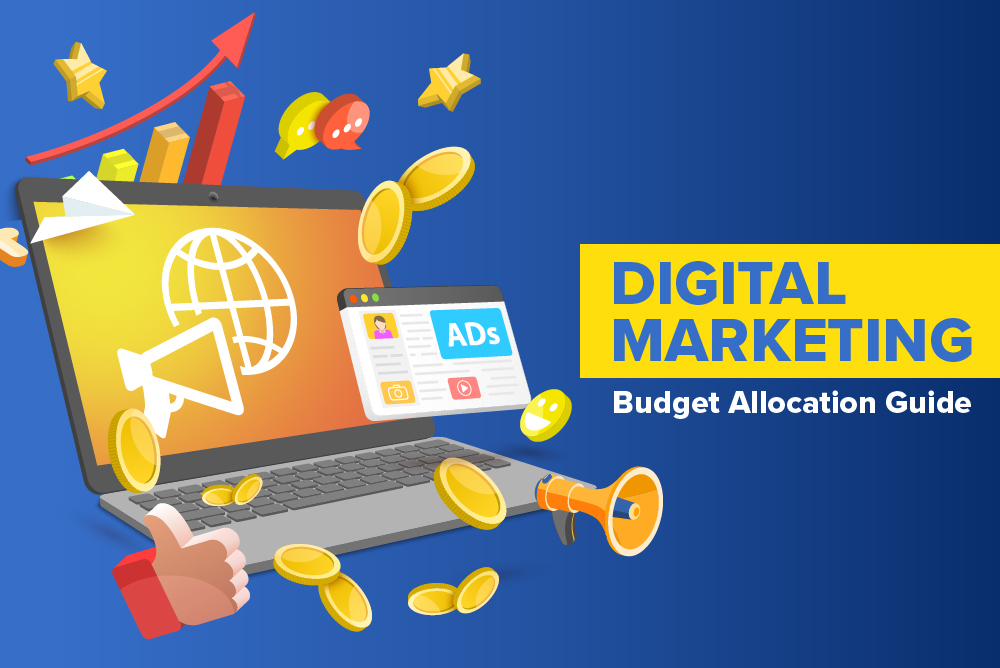In our relentless quest for information in the digital age, we often ponder whether to turn to Google, the search engine giant, or ChatGPT, the cutting-edge Artificial Intelligence (AI) chatbot. With its unique capabilities, each tool has become a cornerstone in the digital information and communication landscape.
The decision to use Google or ChatGPT goes beyond mere preference; it’s about strategically selecting the right assistant for the task. As we delve into the digital world’s myriad challenges and opportunities, we must understand which tool best suits your situation.
Join us as we explore the optimal scenarios for each, helping you confidently navigate your digital journey.
Unveiling The Powers Of Google And ChatGPT: A Deep Dive Into Digital Giants
We first need a clear understanding of each tool to make informed decisions about when to use Google or ChatGPT.
Google, established on 4 September 1998, is primarily renowned as the world’s leading search engine. Beyond its search capabilities, Google has evolved into a comprehensive ecosystem encompassing various tools and technologies. The platform is known for its powerful search algorithms and extensive database, crucial in information discovery and digital knowledge management.
On the other hand, ChatGPT, developed by OpenAI, marks a significant breakthrough in conversational AI. Launched on 30 November 2022, it swiftly captured a vast audience, amassing an estimated 100 million monthly users within two months of its introduction. This rapid adoption is a testament to its effectiveness and wide-ranging appeal.
ChatGPT excels in engaging in natural, conversational interactions. Empowered by OpenAI’s sophisticated language models, it’s similar to having a dialogue with a knowledgeable partner who can understand and respond to a wide array of questions in a natural, conversational manner.
Recognising the advantages of Google and ChatGPT is vital to leveraging them effectively. Let’s delve into specific scenarios to see how each tool can best enhance your digital experience.
Selecting the Right Tool for Different Digital Tasks

This section will provide a comparative analysis across various scenarios. By highlighting each tool’s unique strengths, we aim to guide you in choosing the right digital assistant for specific tasks, enhancing your approach to digital problem-solving and decision-making.
1. Quick fact-checking and information retrieval
Google: Google shines when you need quick answers to straightforward questions. It’s ideal for fact-checking your content, getting definitions, or finding specific information. For instance, if you need the latest statistics for a marketing campaign or a demographic data for targeted advertising, Google’s search engine delivers prompt and precise results.
ChatGPT: ChatGPT can also handle such queries, but it may not always have the most up-to-date information, as its knowledge is limited to what training it received up until its last update. However, it can provide explanations and additional context, which can be beneficial for understanding complex concepts.
2. In-depth explanations and learning
Google: Better for thorough research, as it provides access to a vast array of sources like scholarly articles, research papers, and diverse viewpoints on any subject. This breadth of information is crucial for gaining a well-rounded understanding of a topic.
ChatGPT: Particularly effective in clarifying and simplifying complex topics. It offers easy-to-grasp explanations and the ability to engage in detailed, personalised discussions, making learning more interactive and tailored to individual needs.
3. Transactional queries and e-commerce
Google: Google is the superior choice for transactional queries, such as purchasing products or booking services. It allows users to access a wide range of commercial sites and service providers directly, making it ideal for e-commerce activities.
ChatGPT: While ChatGPT can provide general advice or information about products and services, it cannot handle transactions or directly interact with e-commerce platforms. Its strength lies in offering information and suggestions rather than facilitating purchases or bookings.
4. Personalised assistance and creative tasks
Google: While Google can provide resources, tools, and information, it doesn’t offer personalised assistance or creative ideation conversationally.
ChatGPT: ChatGPT stands out in providing personalised responses, engaging in creative brainstorming, writing assistance, coding help, and more. It can generate creative content, help troubleshoot problems, and even assist in learning new skills through interactive dialogue.
5. Language Learning and Translation
Google: Provides a wealth of resources, including websites, blogs, apps, and various media formats. Google Translate offers instant translations, making it ideal for businesses that cater to global audiences and for learners needing comprehensive grammar and vocabulary materials.
ChatGPT: Though it doesn’t match Google’s resource range, ChatGPT shines in interactive language practice and conversational skill enhancement. It’s beneficial for businesses looking to understand cultural nuances in communication and for learners focused on achieving conversational fluency and comprehension.
6. Market research and trends analysis
Google: Superior for this purpose, offering tools like Google Analytics, Google Trends, and Google Ads insights. These resources provide real-time data on consumer behaviour, search trends, and market dynamics, which are essential for effective market research and trend analysis.
ChatGPT: Useful for discussing marketing concepts and synthesising historical data. It can provide general insights based on its training but cannot access or analyse real-time market data, making it less suitable for current trend analysis.
7. SEO and content strategy
Google: This is the better option due to its specific tools like Google Analytics and Google Search Console. These platforms offer detailed insights into website traffic, keyword effectiveness, and user behaviour, which are essential for tailoring content and improving search engine rankings.
ChatGPT: Aids in content creation and brainstorming SEO strategies. It helps draft content and suggests theoretical SEO improvements but cannot analyse real-time data or directly assess SEO campaign performance.
8. Customer service and engagement
Google: Provides resources and tools crucial for training customer service teams. Its strengths lie in providing data-driven insights and strategies for effective customer engagement, making it ideal for businesses focusing on building a strong, knowledgeable customer service team.
ChatGPT: On the other hand, this AI tool can be seamlessly integrated into a website’s customer service operations, enhancing the efficiency and quality of customer interactions. It offers instant responses to common queries, assists in drafting response templates, and is an effective tool for training customer service agents through role-playing various customer scenarios. ChatGPT is ideal for businesses seeking to streamline and improve their customer service experience.
Leveraging ChatGPT For Enhanced Digital Marketing Strategies

While Google remains a staple for digital marketing resources, the integration of AI is gaining traction. This trend is evidenced by eMarketer’s report, which found that 29% of companies are either using or planning to use natural language processing (NLP) AI, such as ChatGPT, in their marketing strategies.
This increasing reliance emphasises AI’s critical role in developing and managing digital businesses, highlighting its influence in creating efficient, user-focused digital marketing strategies.
Here are the best ways to utilise ChatGPT effectively:
- Content generation: ChatGPT can create diverse content such as blog articles, ad copy, and social media posts. Tailoring language style and tone to different audiences enhances engagement.
- Chatbots for customer service: Implement ChatGPT in customer service chatbots to provide instant, personalised responses, reducing response times and improving customer satisfaction.
- SEO content ideas: ChatGPT helps generate keyword-rich content ideas, improving your website’s SEO ranking.
- Email campaigns: Use ChatGPT to craft personalised email content that resonates with different segments of your audience, increasing open and click-through rates.
- Social media strategy: ChatGPT can suggest creative social media campaign ideas and draft engaging posts, helping to increase social media presence.
Maximising Google For Effective Digital Marketing
Google’s tools have become integral to digital marketing, enabling businesses to navigate and succeed in the online marketplace effectively. These tools blend of analytics, research, and strategic capabilities, ensuring that digital marketing efforts are data-driven and user-focused.
Here are the best ways to utilise Google effectively:
- Google ads: A powerful platform for creating and managing online advertising campaigns. Here, you can target specific keywords, audiences, and locations, enabling precise ad targeting.
- Google analytics: This tool provides comprehensive analytics for websites and apps. It offers insights into user behaviour, traffic sources, and engagement metrics, which are essential for understanding the effectiveness of your digital marketing strategies.
- SEO tools – Google search console: This critical tool in your SEO arsenal provides insights into your website’s Google search performance. It helps identify issues, understand search traffic, and optimise rankings, making it an essential component of an effective SEO strategy.
- Market research – Google Trends: A valuable resource for identifying trending topics and consumer search behaviours. It helps marketers stay informed about changing market interests and preferences.
By leveraging these Google tools in a coordinated way, businesses can gain valuable insights, optimise their digital presence, and effectively reach their target audience.
Google and ChatGPT: Transforming Digital Landscapes in Singapore
Amidst Singapore’s ever-evolving digital scene, the fusion of Google’s search and analytics tools with the advanced AI capabilities of ChatGPT is creating a transformative wave in business strategies. At First Page, a leading digital marketing agency in Singapore, we are pioneering this integration.
Our digital marketing strategies are wide-ranging, whether incorporating local and international SEO, social media engagement, the strategic use of Google Ads, or the interactive prowess of ChatGPT. We have the expertise and resources to help you navigate and master these diverse tools for your business’s digital marketing success.
Join us in leveraging the full potential of Google and ChatGPT in Singapore to elevate your business in this digitally advanced landscape.

















